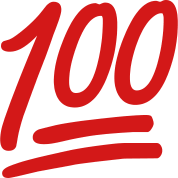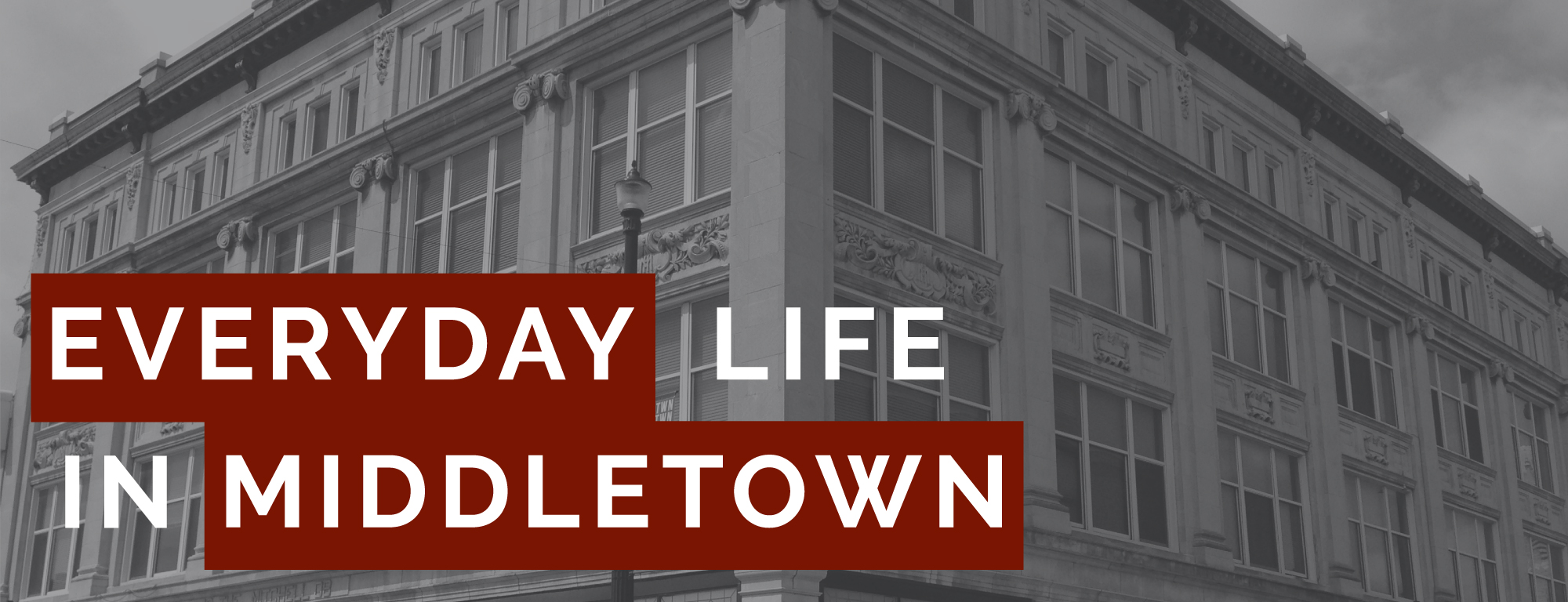
Editors note: Today, to mark the end of summer, we publish a second round of our “Summer of Uprising/Pandemic Hundreds”—compressed, miniature essays whose word count is divisible by 100. The project is inspired by the theoretical work of Lauren Berlant and Kathleen Stewart, who use the “hundred” essay as a method of tuning into the energies and potentials present in scenes from ordinary life. Such writing, Berlant and Stewart write, allows you to “stay open to what’s in your vicinity,” to register “the sensed social/material/aesthetic atmospherics resonant in a scene.”
Thanks to our volunteer writers for contributing to this project. We hope you enjoy.
Normal
Almost dawn, and walkers and runners are out. Earbuds in, a woman speed-walks by, saying breathily to her phone: “Mom, really.”
Crossing-guards chat, adjust their vests. Dew dampens the sidewalks’ grass borders; a sprinkler stains the pavement dark.
Towards the Catholic school come parents pushing strollers, trailing pre-teens in uniform, their absurd backpacks bulging.
The crossing guards adjust their masks and step to. The recycling truck with its giant claw crawls past, in its cab a white man with a black mask and a black man with a white mask. A pony-tailed girl crouches to adjust her little sister’s mask. (100)
–Diarist A01
A New Kind of Loneliness
Mark making is a new kind of loneliness, a wall, a cloud, a parting of languages – yours, mine. What I say there remains there. Mute. Moot. Fugitive. Meaning nothing and everything. From me, to me, through me? Telling it slant. No one gets it, including me. This mark, here, now, irrevocable but fragile commitment, liquid ink on wood pulp, flammable, ephemeral. “It’ll be hung in the servants’ quarters, rolled up under a sofa.” What it attempts remains. The urge these days, these years, to make a mark, enclose a space, and fill it in, useless and necessary, silent and lonely-making. (100)
–Diarist B37
Conversations
“It’s a sign of respect,” he insisted.
One of the few heated disagreements I had with my dad (beyond my trivial teenage complaints) occurred one summer in the late 90’s when we were in California for a family visit. I mentioned my embarrassment that during my high school years I wasn’t upset by my high school mascot. We were the “Redskins”. It was the name of our yearbook; the school newspaper was “The Redskin Review”, and a huge war-bonnet headdress adorned the front of the gymnasium. I
learned years later that the mascot changed from the original “Reds” during the anti-communist 1920’s.
June 30 is Dad’s birthday. Each year I bring out the memorabilia from 1995, when he was Grand Marshall of the annual 4th of July parade… the plaque with his name on it, the rosette ribbon he wore proudly, and the framed picture I snapped as he drove by in the historic car borrowed from a former student. His arm rests on the open window; he gives us a subtle, intimate turn of his hand when he sees the three of us in lawn chairs at the shady curb my mother made sure we staked out early in the morning.
In 1939, Dad came to that little west side valley town as ag teacher at the high school. An indifferent student for years, his former 6th grade teacher finally convinced him that he had a contribution to make beyond milking her cows. Dad bonded with a special group of freshmen and built a program that over the years produced many young men who earned State and National Farmer awards. During the war he managed a summer community cannery program; in the evenings he helped local farmers complete the forms for government support. He stood up to his racist father-in-law who chided him for working with first-generation Portuguese students.
Dad wasn’t swayed by my perspective that Redskin was a racist term and had been used historically to refer to Native Americans in anything but a respectful way. In retrospect, I offended him by criticizing the high school to which he had devoted 34 years of his life.
And so I wonder what our conversation would be today, July 4, 2020. NPR announced that the Washington Redskins are changing their name. State law several years ago forced my high school to change its mascot. They are once again the Reds. (400)
–Diarist G61
The Sound of Falling
I heard the sound of a body drop from the sky. It was mid-morning on a sunny week day in spring 1999. I was in my office, a nongovernmental organization in postwar Bosnia. It sounded like you might imagine: a heavy thud. We learned it was a youngish woman who fell (jumped?) to her death from the seventh story of an apartment building adjacent our office. “She was probably suffering from the war,” a colleague said matter-of-factly. “It could be domestic violence,” another surmised. We never found out why she died that day, but sometimes I still think about her. (100)
–Diarist I-69
“The Office” (June, 2020)
Going into the office today. The office. My office. For two hours. By appointment. This feels ridiculously exciting. Gotta bring wipes and follow cleaning, locking procedures. I have instructions with multiple fonts for this.
Wife wants me to bring boxes of work files to office. Pandemic unemployment has turned her into a serial household purger. (Is this a word? Microsoft says not.) Discarding stuff in preparation for what’s next. Which is?
Go in. I plan to collect material for working from home. Fifteen minutes in I hop on a Zoom call! Read, collect, and print. The two hours are up. (100)
–Diarist A02
“Chance Encounters”
I passed a familiar guy. I said nothing. He said nothing. I ride to the path that heads off the trail. The entrance reads Red Tail Nature Preserve. I follow the path to the end of the paved section and on to the path of stone and grass. There is prairie grass taller than me. I ride up and down and around the curves. I find a couple fun spots to video the ride. Instagram worthy. It winds around and back to the paved path. I’m coming back. I ride to the Memorial trailhead. A lady stops there too. I share my Red Tail experience. She’s interested. I begin to leave and another familiar guy rides past and stops. I hear him speak and, yes, I know him. He’s back on the course for the first time in months. Bike accident kept him off the trail. He’s escorted by a couple friends, in case. They share their knowledge of the Memorial for avid biker, Tim Kelley. I ride more miles and this time we know each other, he says, “hi” and calls me by my name and I do the same. This is what I miss each day, chance encounters.
–Diarist A25
“Through my earbuds”
Nowadays, when I hear a siren, I think about Black Lives Matter. And I remember being in my early twenties, when doing illegal drugs seemed like a political position and a tenet of my identity, and anxiety would rise instinctively whenever I saw a police car. And how I now understand that, relatively speaking, I had little to fear.
In June, days after George Floyd, I took a long walk in the warmth. Near home, the rising sound of a siren filtered through the jazz I was listening to. I took out my earbuds and turned to look. For a time I couldn’t see anything. It grew closer, then the flashing blue light of a police motorcycle came into view.
A hearse followed, the stretch of its black top oddly broken by a moon roof. Then one car, an old, brown Ford sedan. They passed slowly.
A pandemic-era funeral. Strange and sad.
I turned the corner and plugged my earbuds in again. A block from home, I surfaced again. Someone was loudly saying, “Sir! Sir!”
A white woman approached me from behind her fence. I walked towards her uncertainly. This was still early in quarantine days.
“Do you want some eggs?” she said. I began to sputter out something about being well-fixed for eggs, when I saw, behind her, a chicken scratching in the dirt and a coop further back. Today, people have chickens in toney middle-class neighborhoods. Yardbirds.
“From these ladies?” I said. “Sure, I’ll take some of their eggs.”
She opened the carton to show the eggs: brown, white, blue. “They’re dirty,” she said, “so you’ll have to wash them off. Best eggs you’ll ever get.”
I was home a couple minutes later and showed my wife. I washed my hands, then the eggs.
They had big yokes. (300)
–Diarist A01

